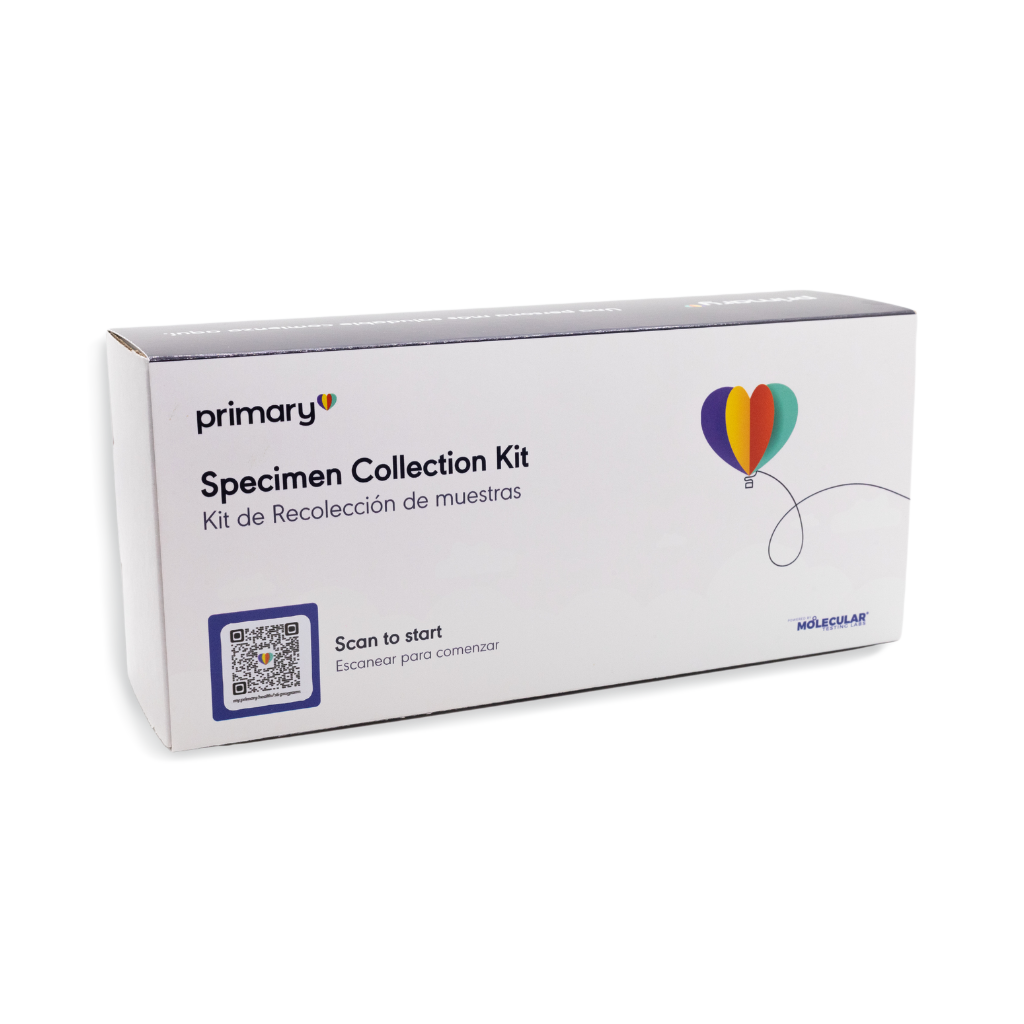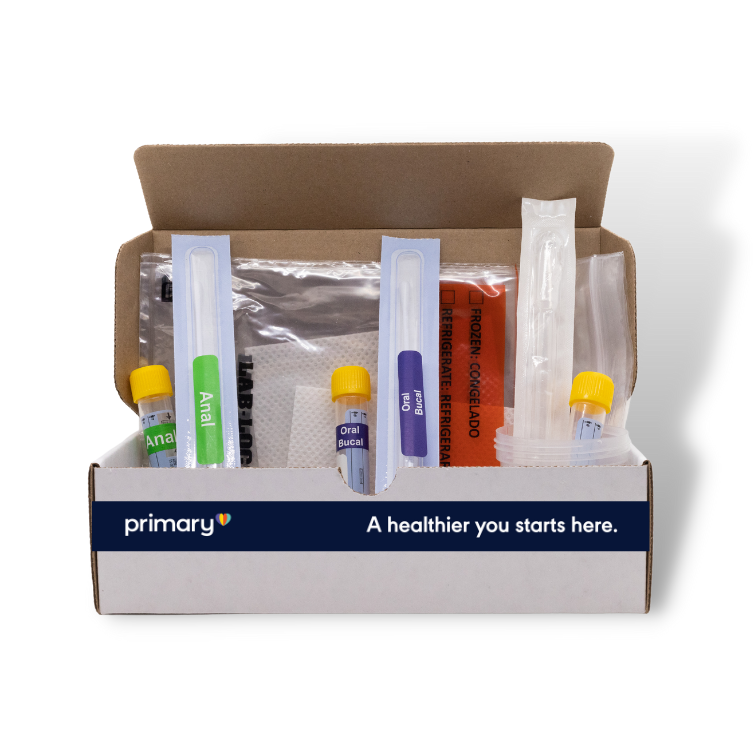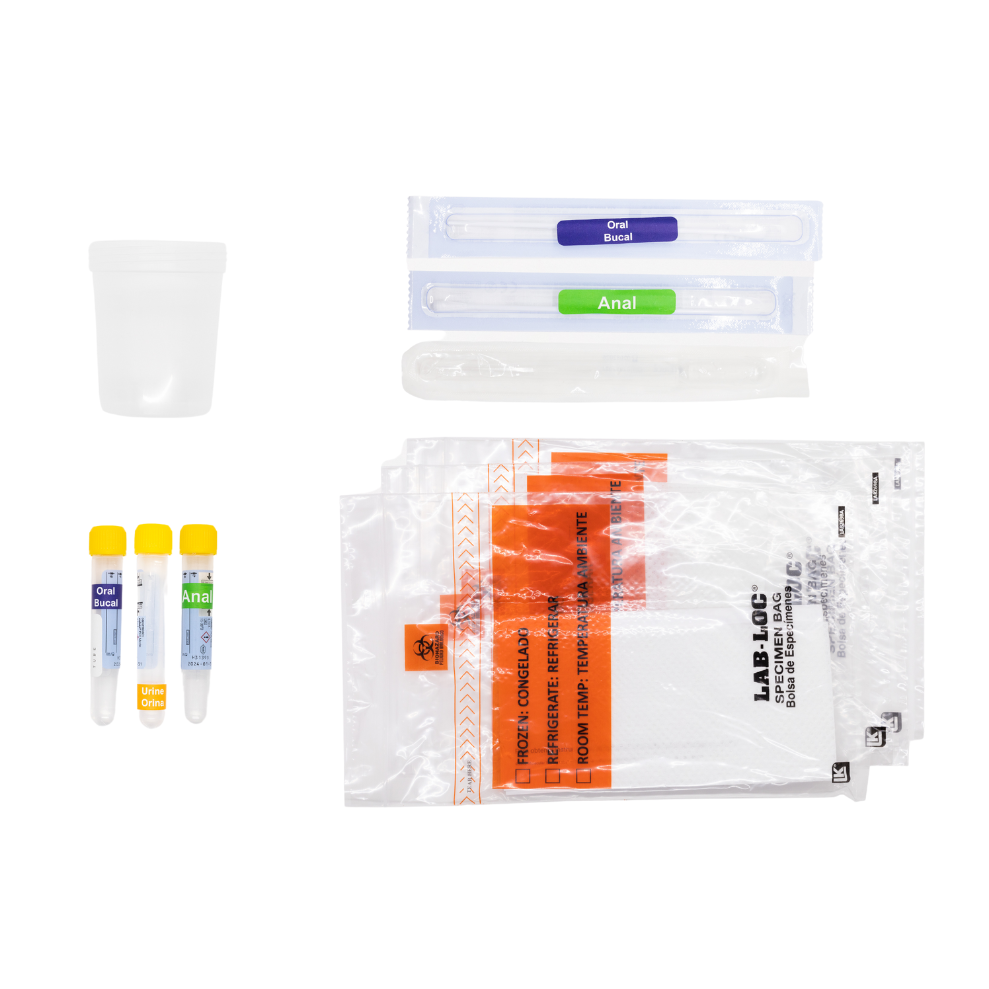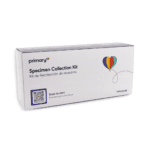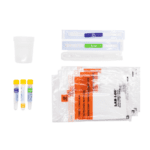Search

Healthier sex starts here.
Sexual health tests
Get fast, affordable, and reliable testing, with free consults for all people with a positive result. Taking control of your sexual health just got easier with Primary.Health. We offer discreet sexually transmitted infection (STI) testing, treatment, and educational resources at scale. Choose from at-home or point-of-care CLIA-waived testing. With every test, it’s our goal to help you understand your health status and to assist you with your needs.
How it works
This is better healthcare
We make it easy to take charge of your sexual health, wherever you are.

Additional benefits
- Digital care coordination and results stored in your Primary.Health portal
- Discreet packaging delivered to you with multiple test options
- Confidential results in under 5 days
- Affordable, reliable, and quick
- Live chat and email support
- Free follow-up with a clinician for all positive results
About STIs
Frequently Asked Questions

You’re not alone
STIs are very common. Anyone who is sexually active can get an STI. According to the latest data from the Centers for Disease Control and Prevention (CDC), about one in five people in the United States had a STI on any given day.
Why testing is so important
STIs don’t always cause symptoms or may only cause mild symptoms. All STIs are treatable, and some are completely curable with medicine.
What’s included
Every test kit arrives in discreet packaging and contains the following:
- Test instructions
- Result types
- Consultation guidance (for positive tests)
- Customer care & support
- Pre-paid return mailer
Although the process varies by test type, here are some of the collection tools you may receive:
- Urine cup, pipette, and collection tube
- Oral swab and collection tube
- Anal swab and collection tube
- Single use lancets and blood collection card
Meet our medical team
Aditya Chandrasekhar, MD, MPH, FACP
Medical Director
He is triple board certified (internal medicine, pulmonary medicine, and critical care). He completed his medicine training at Georgetown University while doing his MBA at Johns Hopkins, followed by training in pulmonary/critical care at the Cleveland Clinic. He has published extensively in clinical medicine, health economics, and digital health, and has presented nationally and internationally on the same. Dr. Fadul also serves on the Board of Directors for MedWish International and leads medical missions overseas.
Rafid Fadul, MD, MBA
Primary.Health Medical CEO and Clinical Advisor
